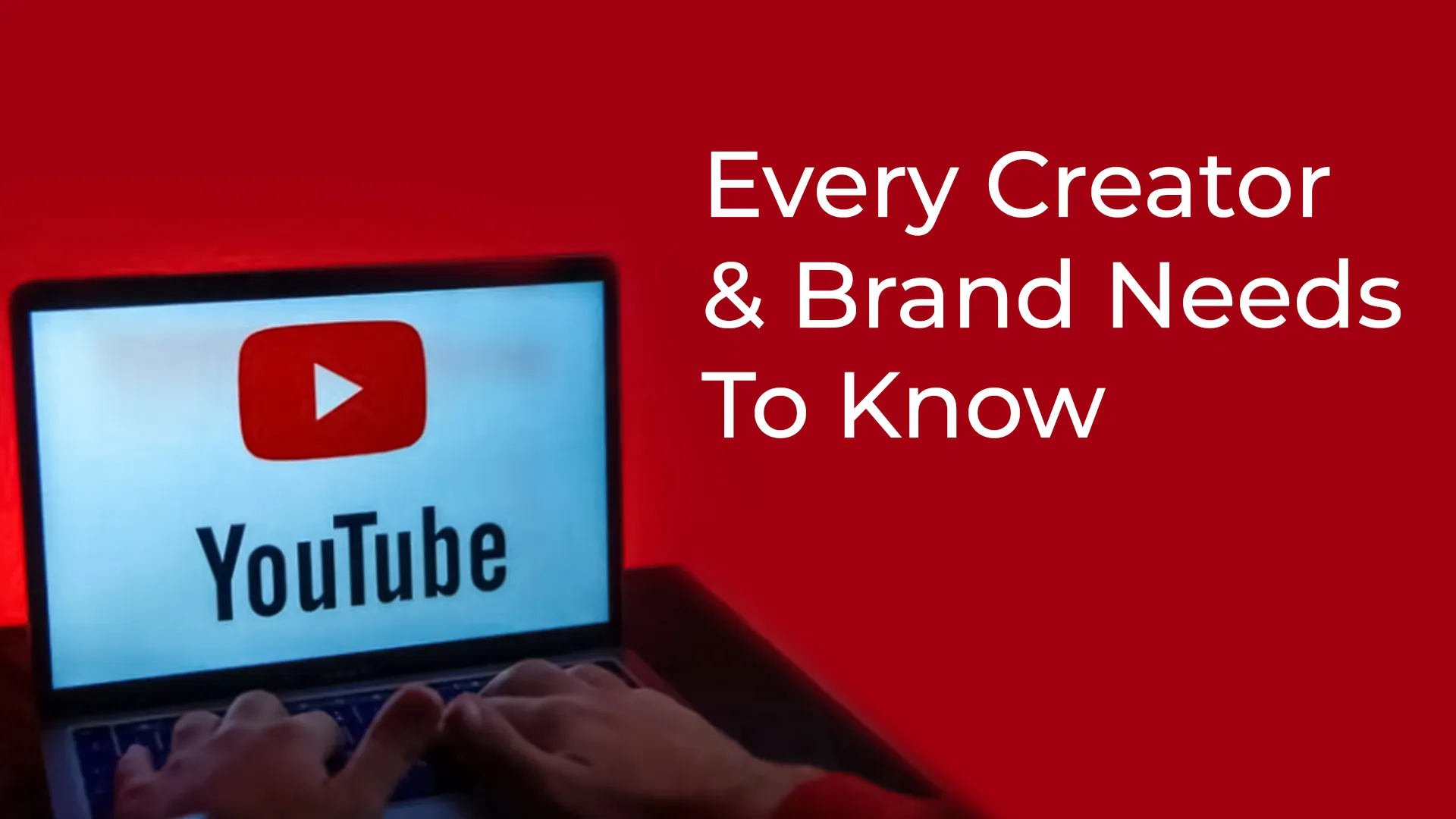A significant shift is coming to the YouTube ecosystem starting July 15, 2025. YouTube has officially announced a major policy update that directly impacts monetisation under the YouTube Partner Program. This change affects creators, brands, agencies, and social media strategists who rely on video content for revenue and engagement.

From July 15, 2025, YouTube will begin enforcing stricter guidelines on what qualifies as monetisable content. Specifically, the platform will restrict earnings for channels that produce low-effort, mass-produced, or templated content that lacks originality.
According to YouTube, these updates are designed to reflect how inauthentic content appears today. With the rise of AI tools, content farms, and recycled media flooding the platform, this move aims to protect the viewing experience and maintain the value of advertising on YouTube.
YouTube serves over two billion monthly logged-in users and has long been a core platform for creators to build sustainable careers. However, the platform's openness has also made it vulnerable to content saturation and automation abuse.
As AI-generated content becomes easier to produce, YouTube is drawing a clear line in favor of authentic human creativity, original storytelling, and domain expertise. This change prioritizes quality over volume and rewards creators who bring unique insights and value to their audiences.
To stay eligible for monetisation and build long-term credibility on the platform, creators must adapt to the new expectations. Here are the key takeaways for sustaining visibility and income on YouTube:
These strategies align not just with YouTube’s new rules but also with broader trends in generative engine optimization and AI-driven content discovery.
Alongside the monetisation changes, YouTube is also removing the “Bare Skin (Image Only)” sensitive ad category. This update will take effect from July 15, 2025. Channels that currently use this ad setting will have until August 15, 2025, to make adjustments.
In place of this category, YouTube has introduced more refined controls such as “Reference to Sexual Content,” offering advertisers and creators more granular options for ad suitability.
YouTube’s policy update is not just a moderation effort. It signals a broader shift in the digital content landscape. As platforms integrate more AI moderation, recommendation, and discovery, content authenticity is becoming the most valuable currency.
For creators and strategists, this is a timely reminder to stop chasing short-term views or AI-mass-produced formats. Instead, success will depend on creating thoughtful, original, and purpose-driven content that genuinely resonates with a community.
Now is the time to review your video strategy. Ask yourself: Is your content bringing new insight to your audience? Is it solving real problems? Is it being created with intention?
If not, this update offers a clear opportunity, and incentive, to shift your approach for long-term impact and platform credibility.